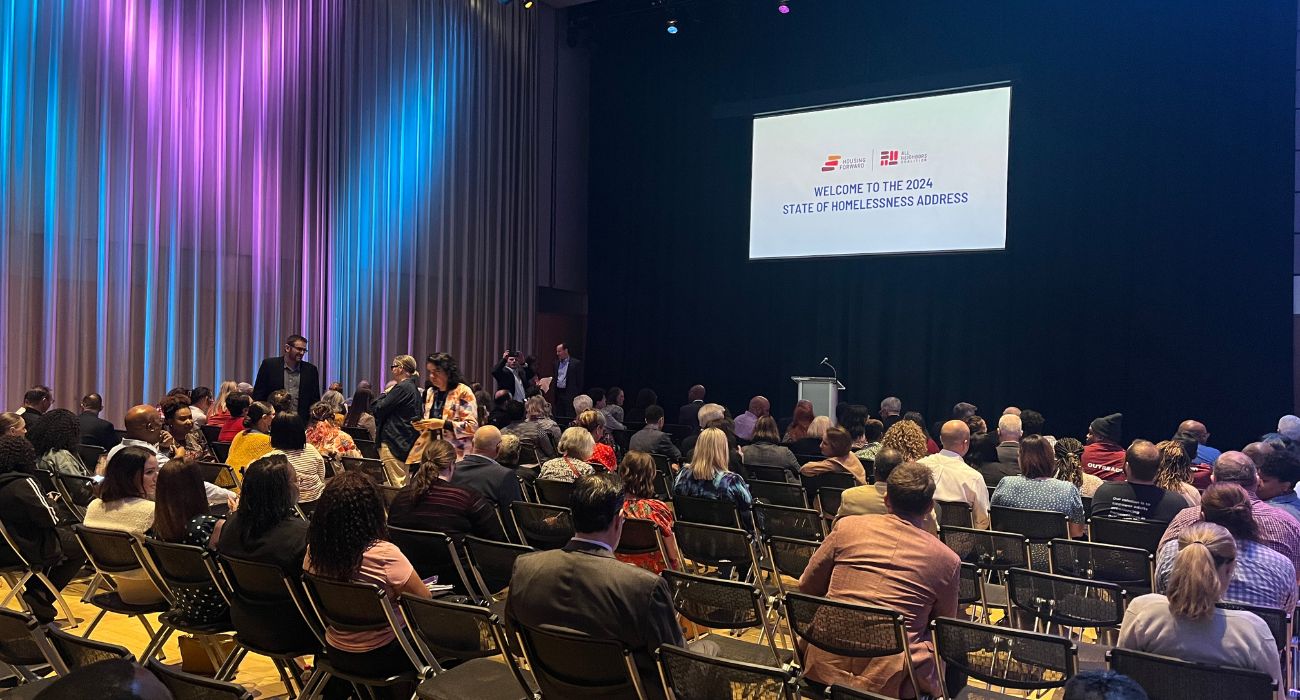Most Americans are not comfortable using the “preferred pronouns” of someone who identifies with a gender contrary to their biological sex, a recent study suggests.
According to a poll on “The Politics of Gender, Pronouns, and Public Education” published in June by the Public Religion Research Institute, only about one-third (36%) of Americans said they would be comfortable referring to a friend using pronouns that do not match the friend’s biological sex. More than 40% said they would be uncomfortable, while 21% said it did not matter to them either way.
Only 35% of Americans said they would be comfortable using gender-neutral pronouns such as “they” and “them” as opposed to “he” and “she,” while 40% said this would make them uncomfortable, and 23% said they did not care either way.
“I think it’s incredibly wrong to use she/her pronouns when referring to men,” local activist Kelly Neidert of Dallas-area Protect Texas Kids told The Dallas Express. “They will never be biological women, and we shouldn’t be affirming their delusions by using their ‘preferred pronouns.'”
Some have even described using pronouns that conflict with a person’s biological gender as “offensive.”
“There are people who use ‘preferred pronouns’ out of politeness & a newly invented (faux) etiquette, forgetting how offensive, rude & just wrong it is to the majority of people,” opined writer and entrepreneur Sall Grover in a tweet.
Furthermore, a Harvard CAPS/Harris poll from July found that an overwhelming majority of American voters oppose laws that would require people to use “pronouns people want.” The poll found 64% of Americans oppose such laws, including 78% of Republicans, 70% of independents, and 45% of Democrats.
Meanwhile, the City of Dallas requires all municipal employees to use a transitioning person’s “preferred pronouns” regardless of any personal beliefs, as previously reported by The Dallas Express.
An internal City document explains that employees “are expected to respectfully use the transitioning employee’s preferred name and pronouns, regardless of whether or not they ‘believe in,’ approve of, or accept an individual’s right to be transgender or undergo a gender transition.”
Opponents of forced usage of non-biological pronouns have recently gained ground in the metroplex, as local school districts including Carroll ISD and Keller ISD have passed policies that protect employees who do not want to address individuals by their chosen pronouns.
Carroll ISD suggested that the new pronoun policy is written in a manner that protects students and employees from compelled speech “that would violate the speaker’s constitutionally protected rights.”
Keller ISD passed similar policy updates in June that prohibits district employees from promoting or requiring pronoun usage “inconsistent with an individual’s biological sex as it appears on the individual’s birth certificate.”
“Our children have been punished at school for not calling kids by other pronouns, which I think is crazy,” parent Ashley Hine told WFAA. “We were taught English grammar. You don’t get to just create your own adjectives or your own pronouns.”
Those who oppose using “preferred pronouns” argue it undermines objective truth and individual conscience.
“What is at stake … is the irreplaceable right to say of one thing, ‘true,’ and of another, ‘false’ — to define the basic realities from which our politics proceed,” argued academic Graham Hillard in National Review. “A man is a man. A woman is a woman. Let us not pretend otherwise.”
But proponents claim people have a responsibility to “affirm the identities” of transgender and “non-binary” individuals.
“Using ‘he’ and ‘she’ exclusively to refer to people implies that gender non-conforming people need to be one or the other to be acknowledged,” wrote Allaya Cooks-Campbell for BetterUp. “You don’t have the right to invalidate someone’s identity. Continually using the wrong pronouns to address or refer to someone is a form of hostility, also known as a microaggression.”
As previously reported by The Dallas Express, the trend of using non-biological pronouns in the workplace has started to fall out of favor with many leading businesses across the metroplex.






